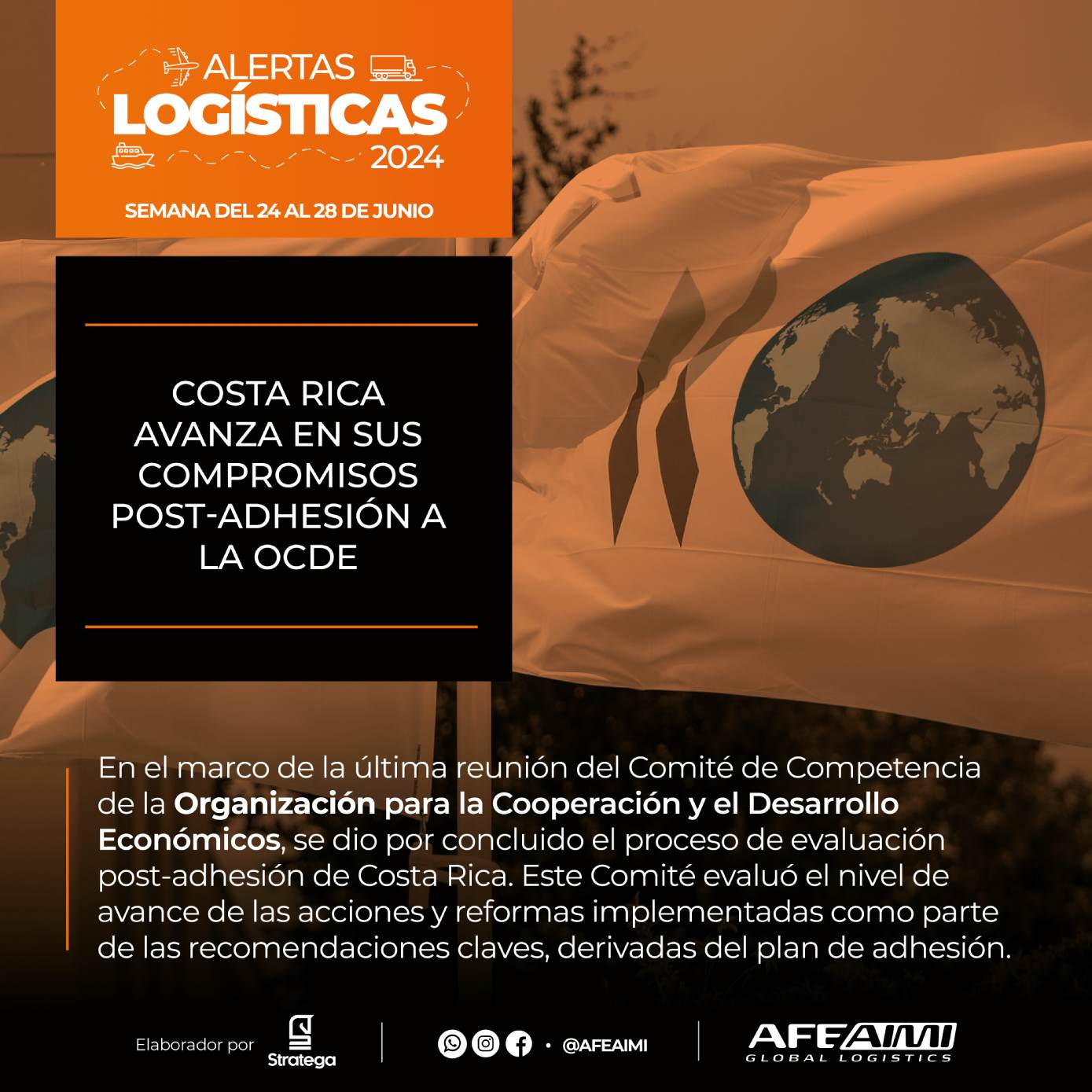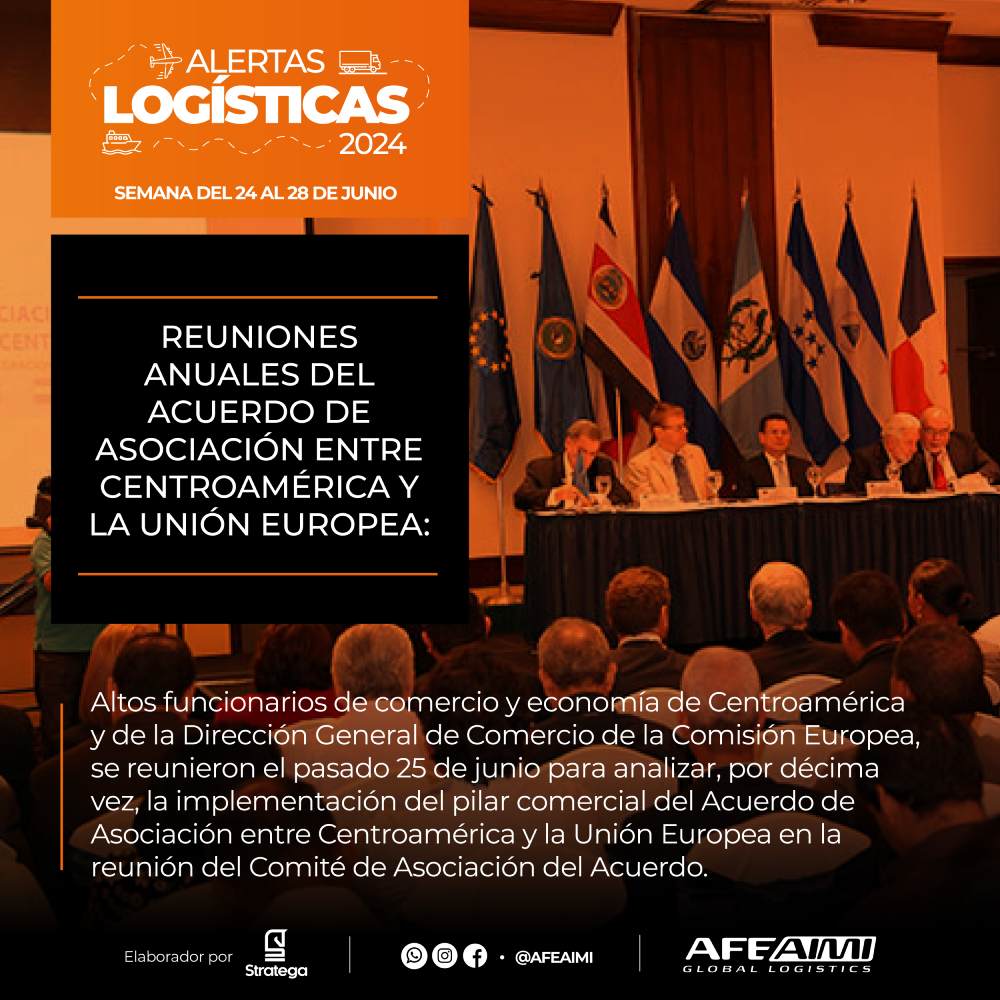We are pleased to announce that the internal procedures prior to the implementation of the Free Trade Agreement (FTA) between Costa Rica and Ecuador have been completed. The agreement will enter into force on October 1, marking a significant milestone in the trade relationship between the two countries.
On September 6, the Ministers of Foreign Trade of Costa Rica and Ecuador, Manuel Tovar and Sonsoles García, respectively, exchanged official communications to formalize the agreement. This step concludes a series of discussions and preparations involving various stakeholders, including PROCOMER’s General Manager, Laura López, and a delegation of Costa Rican business leaders who met with their Ecuadorian counterparts in Quito.
The FTA provides a clear and transparent legal framework that promotes trade and investment between the two countries. Among its innovations, the agreement addresses regulatory practices, gender inclusion, and support for MSMEs. It also simplifies procedures by reducing non-tariff barriers, facilitating the flow of goods and services, and lowering costs and processing times in international trade.
Laura López highlighted that in 2023, 18% of Costa Rican exports to South America were destined for Ecuador, underscoring the importance of this market in the region. Ecuador ranks as the third most important destination for Costa Rican exports in South America, with trade in goods reaching USD 110 million in 2023, marking an 11% increase compared to the previous year.
This agreement not only strengthens the existing trade relationship but also opens new opportunities for growth and development. At AFE AIMI Logistics, we are excited about the prospects this FTA brings and remain committed to supporting our clients in making the most of these new opportunities.
Let’s keep moving forward with the same energy and commitment that define our collaboration!



